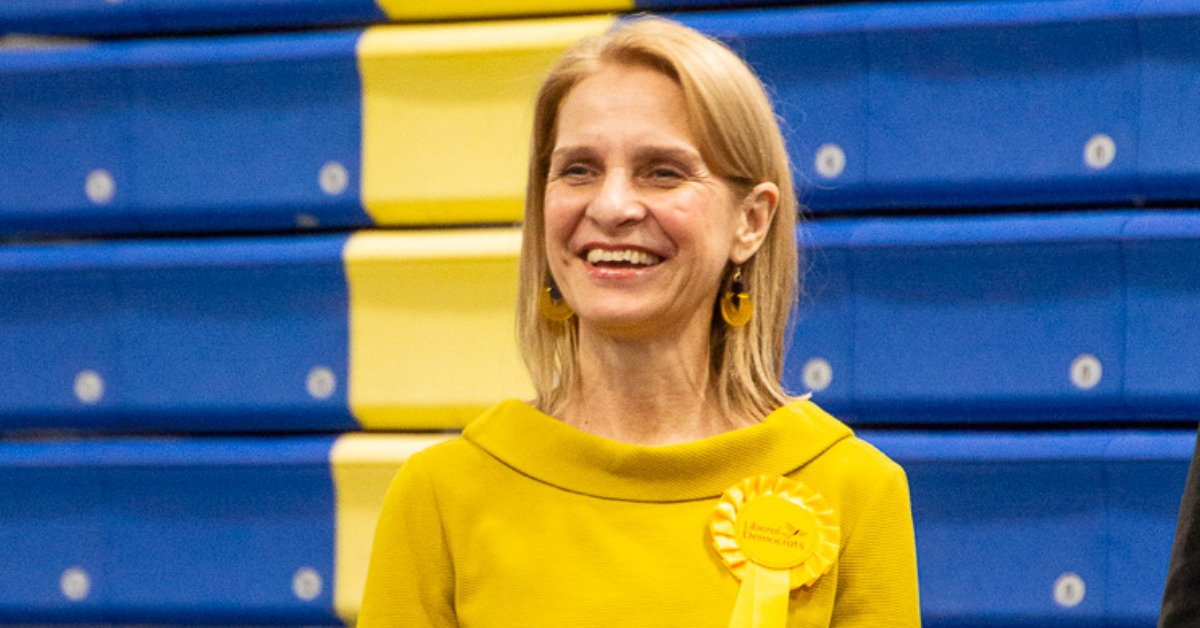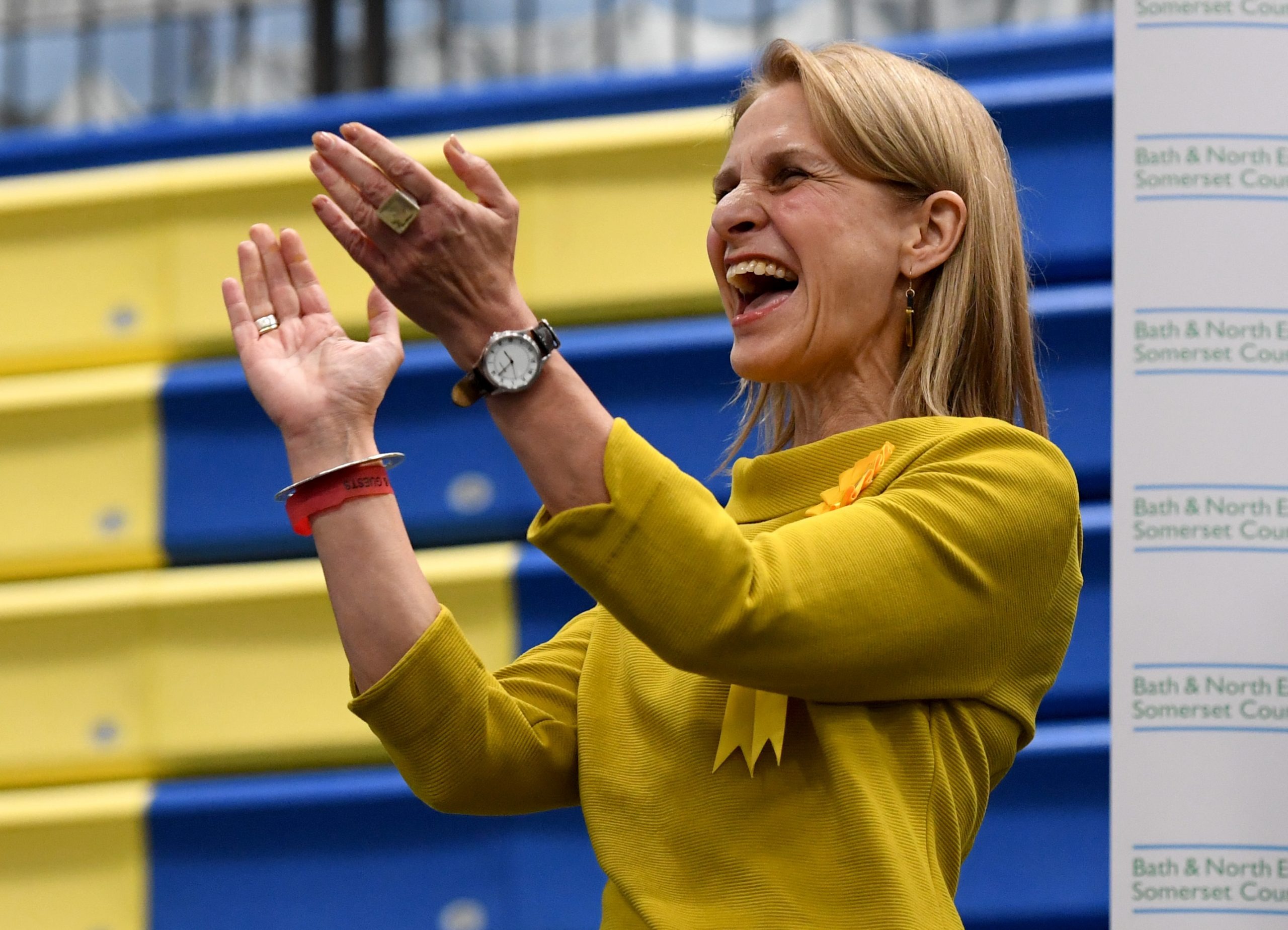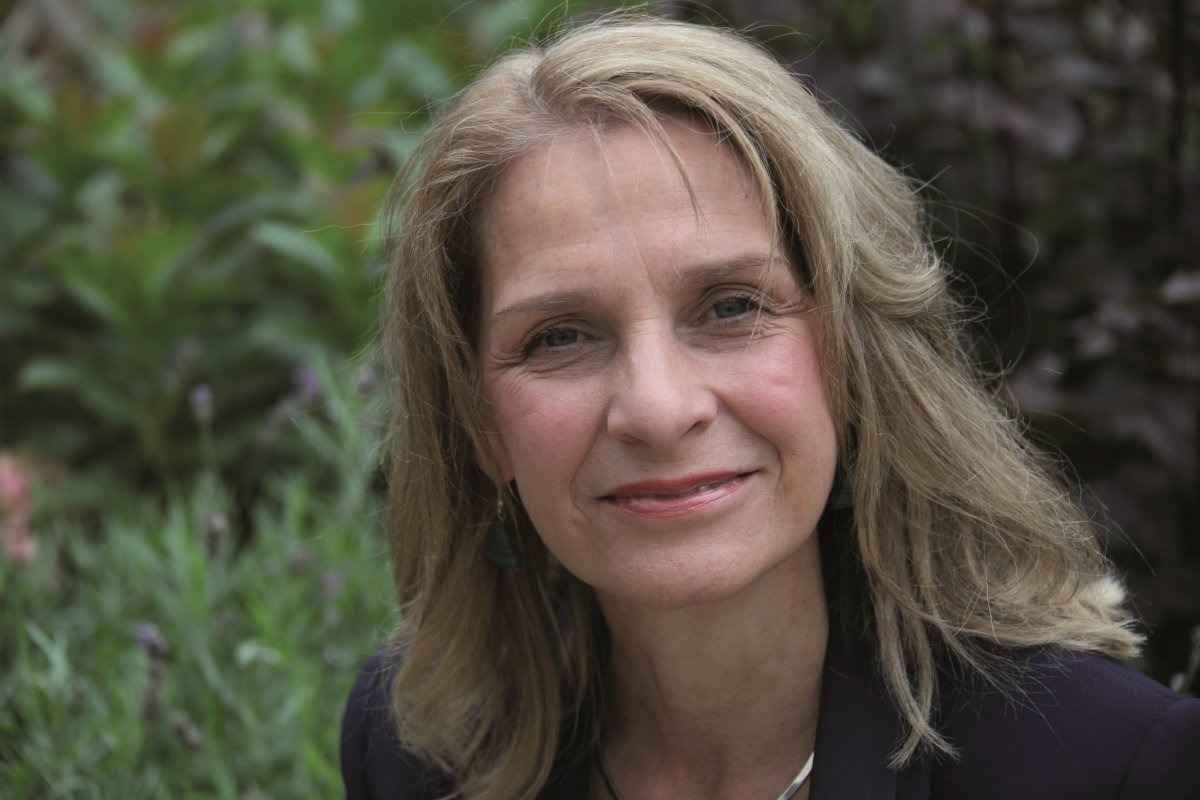In 2024, the UK Parliament celebrates its highest-ever representation of women, marking a significant milestone in the journey towards gender equality in Westminster. However, while the increase in female MPs is notable, it does not necessarily signify the eradication of barriers that women face in politics.
As the 461st female Member of Parliament, I recognize the progress made since Nancy Astor’s historic election as the first woman MP.
Yet, despite the achievement of having 226 female MPs in the current Parliament, comprising 35% of the House of Commons, it is evident that the path to true gender parity remains arduous. The existence of men-only spaces, such as the Garrick Club, serves as a stark reminder of the persistent inequalities in UK politics.

Wera Hobhouse MP (www.werahobhouse.co.uk)
The aspiration for a 50:50 Parliament extends beyond numerical representation—it embodies the principle of ensuring that all voices are heard and represented. As an MP, my foremost duty is to advocate for the diverse needs and perspectives of my constituents, of whom half are women.
The reality remains that policies aimed at addressing gender disparities often fall short. Despite the passage of the Equal Pay Act in 1970, the gender pay gap persists, standing at 14.3% in 2023. Ethnic minority women continue to face even more significant wage disparities. Meaningful reform is essential to address these inequities comprehensively.
Workplace conditions for women remain inadequate, particularly concerning support for menopausal individuals. The lack of provisions for menopause leave and support exacerbates workplace challenges for women, leading to adverse consequences such as early retirement or career stagnation.

Hobhouse (Vredits: New Statesman)
To ensure that women’s voices are heard and their needs addressed, measures such as all-women candidate shortlists are crucial steps forward.
However, dismantling the entrenched ‘boys club’ culture in Parliament is equally imperative. Instances of misogynistic language and discriminatory practices must be unequivocally condemned and eradicated.
In addition to addressing internal barriers, it is essential to confront external challenges, such as violence against women and girls. While progress has been made with legislative initiatives like criminalizing upskirting and combating sexual harassment in the workplace, systemic issues persist, demanding sustained efforts for meaningful change.
As an advocate for women’s rights in Parliament, I am committed to amplifying women’s voices and driving legislative reforms that reflect their lived experiences.
By fostering a more inclusive and equitable political environment, we can pave the way for transformative change and advance towards gender equality.
Despite the obstacles ahead, I remain steadfast in my belief that progress is achievable, and together, we can effect positive change for women across the UK.
























